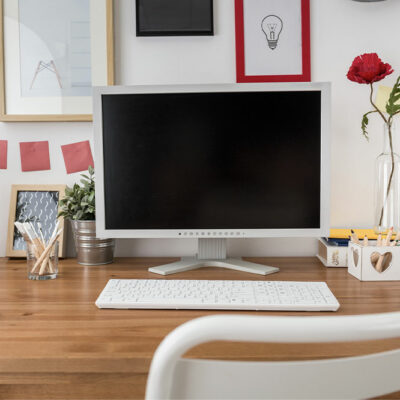
7 mistakes to avoid when choosing an injury lawyer
With far too many advertisements for lawyers, misleading or wrong information is often used to get traction. On the other hand, major insurance companies also heavily rely on advertisements to convince the public that hiring a personal injury lawyer isn’t necessary. All this information can make one feel stuck during emergencies such as accidents and injuries, resulting in them making expensive mistakes that compromise the strength and integrity of their case.
1. Not considering the lawyer’s experience
One of the biggest mistakes one can make when hiring a lawyer is not checking their experience. One should always look for a lawyer specializing in personal injury law with a proven track record of handling similar cases. A lot of information regarding the lawyer’s background can be found on their website or professional profiles. This is also a good time to look up reviews from past clients or directly ask the lawyer for their success rate. Going with an inexperienced attorney can increase the risk of issues such as missed deadlines, lack of evidence, or even inadequate settlements.
2. Relying on ads
As discussed, many lawyers rely on local advertisements to get clients. However, it is not wise to pick a lawyer solely based on ads . Advertisements can be misleading and may steer one away from the true quality of their work. Instead, one must focus on their experience, the types of cases they have fought and won, and any awards or recognition they may have received. One must also pay attention to the lawyer’s reputation, which can be confirmed by the state bar association, through online reviews and ratings, or via recommendations from other known lawyers. Also, one should avoid lawyers with a history of disciplinary problems or unethical practices .
3. Not exploring all options
One may be tempted to go with the first lawyer they find. While this may feel convenient, it could result in incompetent legal representation. To avoid this mistake, one must take the time to meet several attorneys and talk to them, discuss certain aspects of the case, and ask for their insights. One should also ask about their experience, fees, workload, and other details. Covering these bases will help one feel more comfortable with their final choice and ensure that one finds the best fit for their case.
If unsure about what to ask, here are some key questions to cover:
– Does the lawyer have any courtroom experience?
– What are the fees? Are there any additional charges?
– Has the lawyer filed a case before?
– Has the lawyer handled similar cases before? If yes, how many, and what was the success rate?
– How much is this case worth?
– Why does the lawyer think this is a good case?
– What are the potential weaknesses of this case?
– How many successful cases does the lawyer have in court?
– How will the lawyer share updates during the process?
– What kind of case tactics will be needed to win this case?
– Will the case need to go to court, or can it be settled outside?
4. Focusing on the fees
Of course, it is important to pick a lawyer within budget. However, picking one solely based on their fees can be a huge mistake. Also known as “discount lawyers,” many attorneys may offer cheap rates due to their lack of experience in the field or a general lack of resources to handle the case, which could negatively affect the case outcome. So, along with the fees, one should consider things like experience, communication skills, and the success rate of the lawyer . Many attorneys work on a contingency fee basis and may charge between 33–40% depending on the claims, duration of the trial, and other factors. All of these details regarding fees and additional charges should be provided upfront by the lawyer in a letter of engagement.
5. Failing to check availability
Many lawyers have more cases than they can handle, resulting in some clients not getting the time and attention they deserve . Everyone wants a lawyer who keeps them informed about the case’s progress and promptly answers any questions, calls, or emails. To ensure that the lawyer one is considering has the bandwidth to take their case, one must address the issue during the first consultation. Ask the lawyer about their response time for calls and messages or if they have a policy that governs the same. This will help build that initial trust in the client-attorney relationship, which is crucial for favorable outcomes.
6. Paying an attorney upfront
Most private injury lawyers work on a contingency basis, where the client is not expected to pay the attorney if they do not win/settle the case. If this contract has already been established, clients should not have to make any payments upfront; doing so could result in a breach of contract and loss of money!
7. Ignoring communication skills
When dealing with legal issues, comfort and communication with attorneys are top priorities. As personal injury cases require one to share a lot of personal information, it is important to be able to trust a lawyer, and trust can develop quickly when the lawyer is forthcoming in their approach. How well they listen and respond to questions and whether they can put their client’s mind at ease with their communication skills are also key factors to consider . If one feels uncomfortable with a certain lawyer, they should consider looking for another legal counsel for the case.


